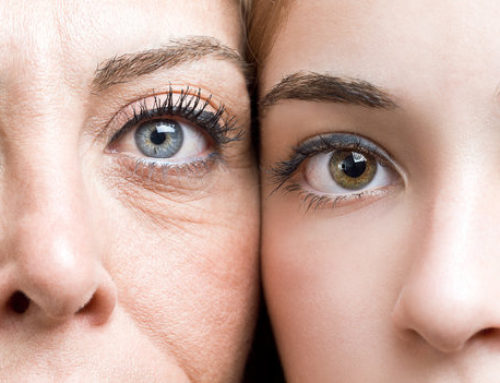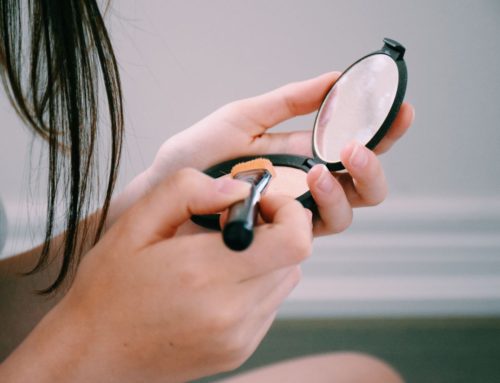From Yahoo Lifestyle, 11/2018
This week, as Brett Kavanaugh had his formal investiture into the Supreme Court, Christine Blasey Ford was still receiving death threats, her lawyers told NPR. The experience of the psychology professor, who has reportedly had to move four times for her safety since publicly coming forward to tell the Senate of how Kavanaugh allegedly sexually assaulted her when they were in high school, is an example of what many survivors go through after reporting what happened to them.
“Justice Kavanaugh ascended to the Supreme Court, but the threats to Dr. Ford continue,” Debra Katz, Lisa Banks, and Michael Bromwich, lawyers for Ford, told NPR in a statement. They said she still has to pay for a private security detail and has yet to return to her teaching position at Palo Alto University.
Even those whose attackers were not nominees to the highest court in the land have felt similar repercussions, says Laura Palumbo, communications director at the National Sexual Violence Resource Center.
“We live in a time where anonymity is very difficult, so anytime a survivor is identified or their story is in the public eye, even if it is just in local news or in the local gossip, there is almost assuredly some consequence or ridicule that they’re facing because of that,” Palumbo tells Yahoo Lifestyle. “We’ve never really encountered survivors who didn’t see some aspect of shaming or blaming when they came forward with their story.”
Whether the survivors are reporting a crime to the police or just coming out with their stories to share solidarity with the #MeToo movement, Palumbo says, the repercussions can be quite serious.
“Communities have unfortunately turned against the survivor, and it has been necessary for them to relocate their lives,” she says. “Even survivors who have come forward with [allegations] of assault against the town’s football players have been driven out of their communities. This is something that is unfortunately not uncommon.”
For example, there was Daisy Coleman, the teenager who was bullied by an entire town in Missouri, driving her to attempt suicide, after she reported that a high school football star had raped her.
“The intention of that behavior is to send a message to a survivor that because they have made the decision to share their story, they will never be safe again, they will never be the same again, they will never be able to go on with their life because unfortunately someone is out there trying to prove that point,” Palumbo says.
This may be why many reacted to the news of Ford’s continued harassment with frustration on Twitter.
She’s had to move four times, pay for a private security detail & hasn’t been able to return to her job as a professor.
Can we stop talking about the “ruined lives” of accused men who didn’t make that extra million now? https://t.co/LRm4m2LmgS
— Jessica Valenti (@JessicaValenti) November 8, 2018
Every time a sexual assault survivor undergoes this kind of abuse in the public, others make the decision not to report their own experiences, Palumbo says. According to the Centers for Disease Control and Prevention, 1 in 5 women and 1 in 71 men will experience rape at some point in their lives, but 63 percent of them will not report it to the police. Meanwhile, studies have shown that the rate of false reporting is between only 2 and 10 percent.
“For most victims of sexual assault, when we’re talking about the reasons why they do not report or they may delay making a report, it’s because of fear of not being believed, fear of reprisal, and fear that their family or friends will be impacted,” she explains. “Then those people who have caused harm are never held accountable for their actions.”
But the situation is not hopeless. Palumbo says that the way to counteract this effect is to support survivors and speak out against their critics, on social media, in comments sections, and in person, reminding them of the very low rates of false reporting and the high rates of silence.
“When you are aware of the reality that there are these tremendous barriers and consequences that survivors face, then you can be a part of the chorus that is helping to validate their voices and challenge the idea that they should be blamed for what has happened to them,” she says.





